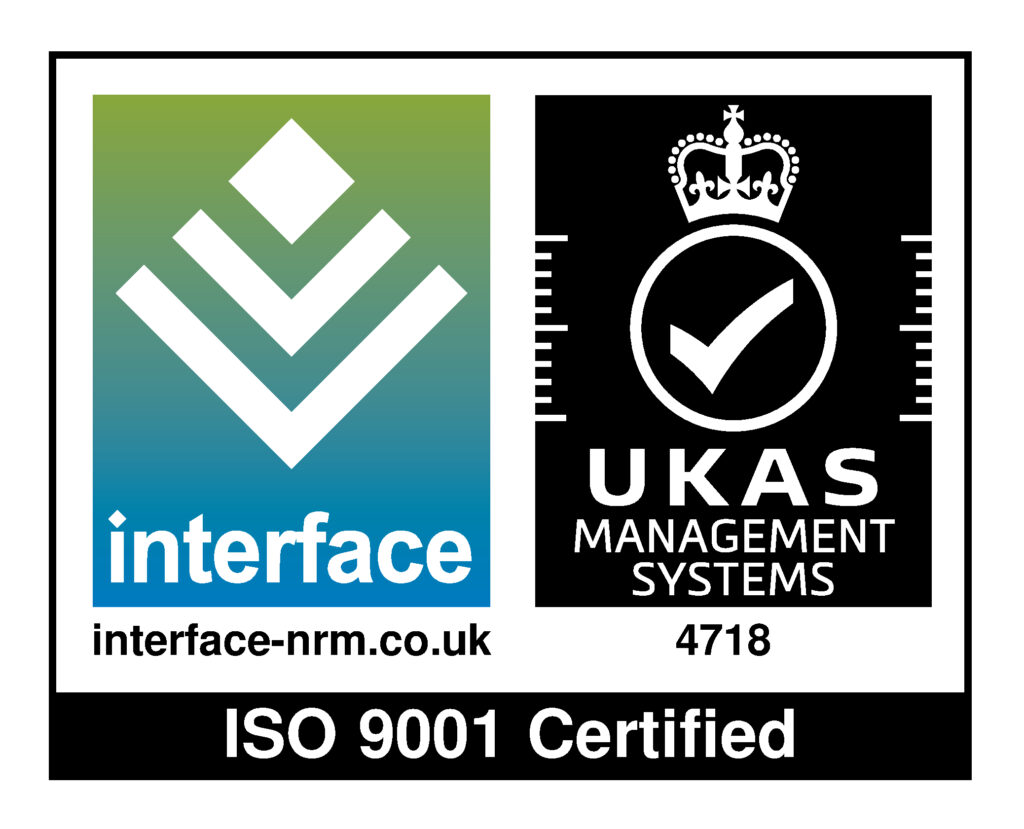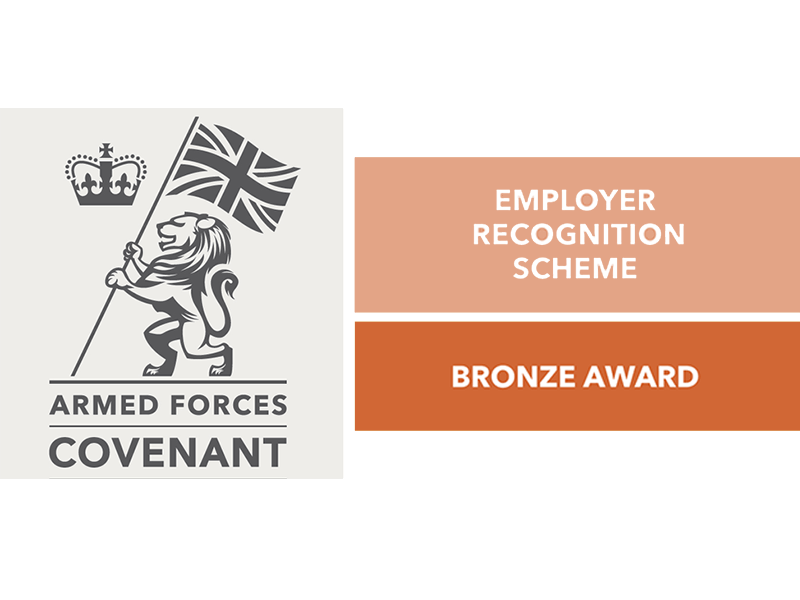Will COVID-19 lead to a drone renaissance?
All over the world, governments and businesses alike have been turning to drones – among other technology solutions – to help stop the spread of the coronavirus.
Here are some of our favorite examples:
COVID-19 Quarantine and Social Distancing Enforcement
During stricter phases of lockdown, Liloan, a municipality in the Philippines, used drones equipped with 360-degree cameras to monitor its streets for compliance with community quarantine guidelines.
Similarly, the government of Kazakhstan used drones to patrol the border of its locked-down capital Nur-Sultan, ensuring that no one entered or left without special authorization.
Meanwhile, an Indian drone manufacturer called Sagar Defence Engineering was commissioned to make customized drones fitted with megaphones for the Mumbai police force. Rather than patrolling the streets and risking infection, the cops have been working with Sagar Defence employees to deploy and operate drones from police outposts.
The megaphones on the drones are connected to police officers’ cell phones, allowing them to dial in and make customized announcements based on what they feel the situation warrants.
Disinfection
Other companies in India, China, South Korea, and have been commissioned to complete a host of drone disinfecting missions, especially in public spaces such as railway stations, airports, and parks.
And in some cases, drones are even being fit with thermal scanners to identify potential virus carriers in a crowd.
Deliveries
All over the world, there’s been a boom in drone deliveries for COVID-19 tests, medical supplies, and other essential goods.
Drone delivery providers claim that their services are helping to fight the virus by minimizing how often people go outside, shortening wait-times for medical facilities and patients, and ensuring that important items can continue getting to remote locations even if the usual delivery network has been disrupted due to the pandemic.
In China, drone companies Antwork and Terra Drones, have been running up to 20 COVID-19 test delivery flights per day in the city of Hangzhou since February, and e-commerce company JD deployed a drone team to perform last-mile deliveries of goods to Chinese islands when ferries stopped.
Zipline is delivering test kits, samples, and protective gear in Ghana and Rwanda, where it’s been delivering blood and medical supplies for years, and in Singapore, the startup F-drones completed a pilot delivery of vitamins to a ship anchored off an island 5 kilometers away from the drone’s launch point.
So drones are being used in all sorts of different ways now. What does this mean?
Well, as we’ve pointed out in our post about locust swarm management in India, what’s going on right has the potential to force aviation authorities to adjust regulations that were previously inhibiting innovation, or at least fast-track authorizations for promising use-cases.
For instance, the Hangzhou (China) Municipal Government helped broker an agreement between Antwork, the local ministry of health, and the Civil Aviation Administration of China (CAAC) to approve routes and ensure proper safety measures for the test sample delivery.
It could also create a boom in drone innovation that gives small businesses the momentum they need to succeed. With new contracts and agreements with clients and partners, these businesses might get the capital needed to improve their existing products and services, while creating a track record that will ensure they stay in business after the pandemic ends.
In particular, the increase in demand for drone services due to the pandemic could change the way that “drone as a service” is managed. Garuda Aerospace, a drone start-up from Chennai, is launching an aggregator service model across 26 cities in India, under which it would provide a host of services, including spraying disinfectants to fight Covid-19.
The company has long wanted to become the “Uber of drone services,” but it seems that it is just now getting the critical mass of users necessary for the platform to succeed. Garuda has added various smart cities and state governments to its user base, thanks to their interest in sanitization services, while allegedly courting high profile prospective clients in Brazil, Spain, and the US, who are interested in similar services.
Is this only happening in Asia and Africa?
No, similar developments are taking place in western countries as well.
In Charlotte, North Carolina, Novant Health is partnering with Zipline to pilot a medical drone delivery system. And the UK Space Agency has recently announced that it will be funding an initiative to use drones to deliver medical supplies and samples to a group of islands off the west coast of Scotland.
A key difference seems to be that most western countries aren’t using drones so much out of urgent necessity as a desire to fast-track proof of concepts and prepare for future disasters. For instance, a Novant Health spokesperson has stated that the organization has no shortage of existing delivery options, but is testing drones because they may be helpful in a future crisis.
It’s impossible to predict the long-term impact of these developments, but one thing is certain: the pandemic has helped countries around the world imagine the potential that drones hold for society.
***
About Consortiq
Consortiq is a global market leader of custom drone solutions. Our employees are driven by a mission to help corporations and state organisations leverage drone technology to accelerate progress and achieve the success they desire. At Consortiq, we base our solutions on intensive quantitative and qualitative research, hard facts, and deep subject matter expertise. As a talented group of drone and manned aircraft pilots, software engineers, defense consultants, and former air traffic control professionals, Consortiq’s employees understand the intricacies of aerial platforms and are able to provide a wide range of nuanced, effective solutions.
We have a strong track record of providing training, logistical operations planning, fleet management software, risk mitigation, and legal/regulatory services, to clients in the media, public infrastructure, and public safety industries in Europe, North America, and the Middle East.
Our accredited training program helps pilots prepare and go beyond the US Part 107 and the UK GVC.
Ready to create a UAS strategy for your business? Complete the form below to get started!

Miriam Hinthorn - Contributing Author
Miriam Hinthorn is an experienced management professional who is currently pursuing her master’s in Data, Economics, and Development Policy at MIT while serving as principal consultant at Consult92.
Miriam developed a love for UAS technology when she served as operations manager at Consortiq. Today, having completed over 30 successful projects in 10 countries, she loves solving a wide variety of logistical, technical, and cultural challenges for her clients so that they can focus on what care about most.


